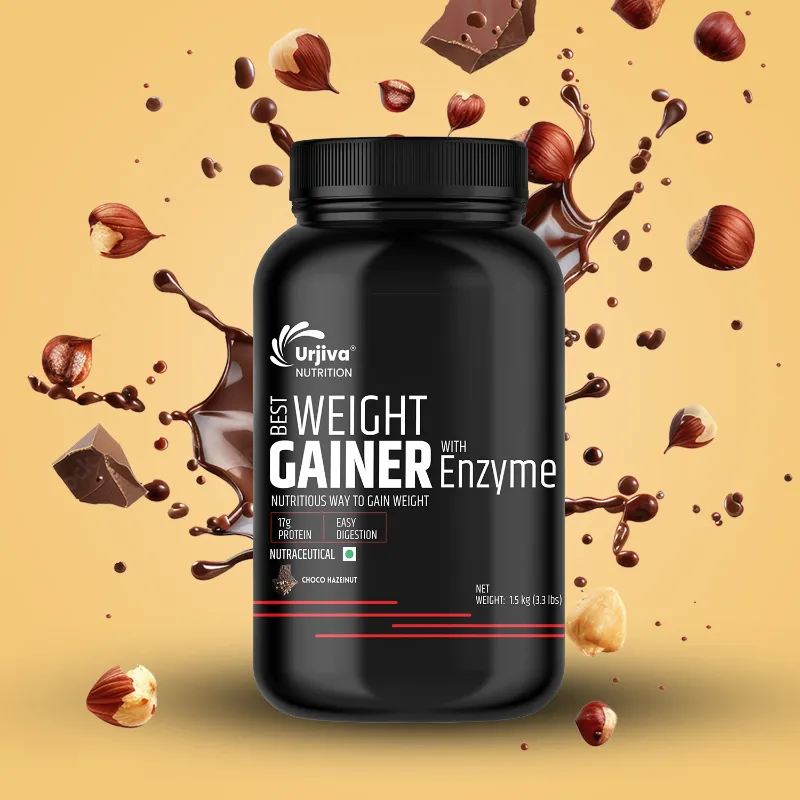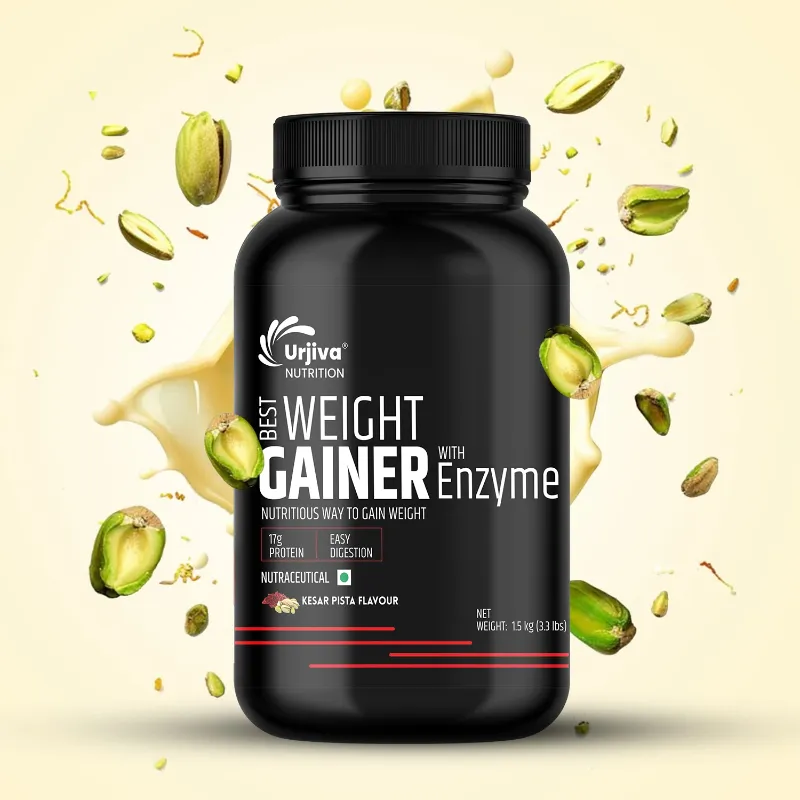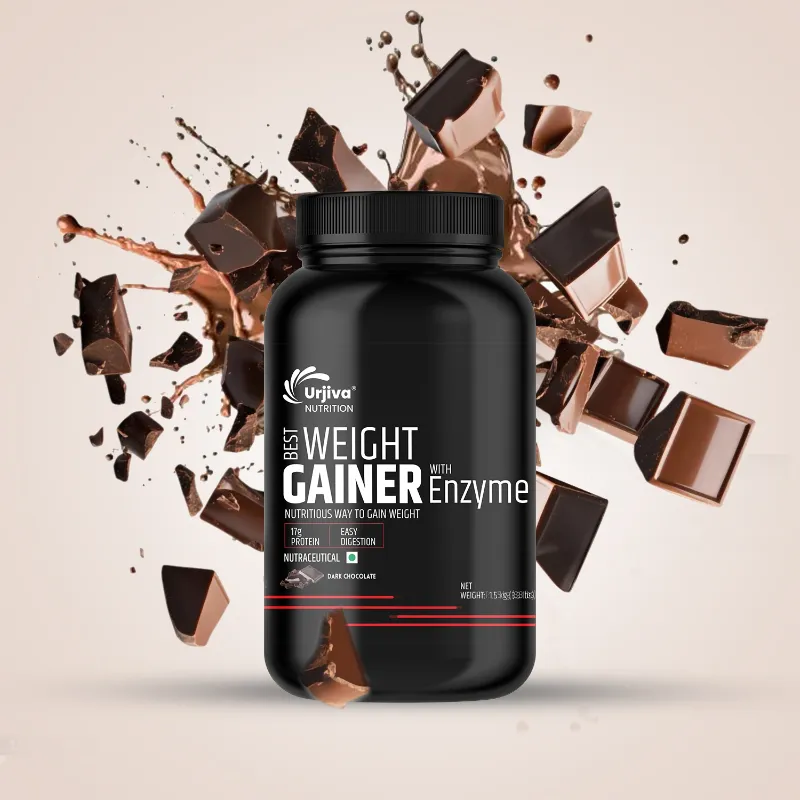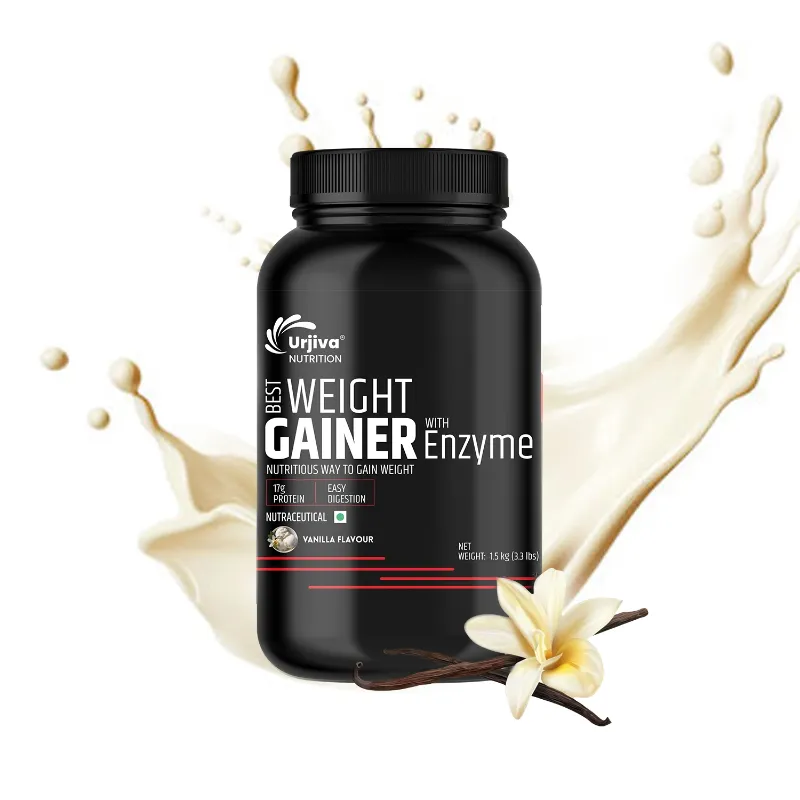Whey protein side effects can vary among individuals, even though it’s widely recognized for its benefits in supporting muscle growth and recovery.
Understanding Whey Protein
Whey protein is a high-quality protein derived from milk, commonly used by fitness enthusiasts and athletes to boost muscle repair and growth after workouts. It contains all nine essential amino acids, making it a complete protein. It’s available in several forms, including whey protein concentrate, isolate, and hydrolysate. Each type has its own benefits, but they can also vary in their nutritional content and how they are processed by the body.
What Are Whey Protein Side Effects?
Before we delve into the variations in whey protein side effects, it’s important to understand the general side effects that may occur in some individuals. These include:
Digestive Issues: Whey protein can sometimes cause bloating, gas, and stomach cramps, especially for those who are lactose intolerant or sensitive to dairy products. People with lactose intolerance may experience more severe symptoms when consuming whey protein concentrate, as it contains more lactose than other forms.
Kidney Concerns: There have been concerns about the potential strain whey protein may place on the kidneys, particularly for individuals with pre-existing kidney conditions. However, for healthy individuals, moderate consumption is generally safe.
Allergic Reactions: Some individuals may have an allergic reaction to whey protein, leading to symptoms such as rashes, itching, or swelling. This is more likely to occur in people who have a milk allergy, as whey protein is derived from milk.
Hormonal Effects: While there is limited research, some studies suggest that consuming high amounts of whey protein might influence hormone levels, particularly insulin-like growth factor (IGF-1). This could have implications for muscle growth and fat loss, but more research is needed to fully understand these effects.
How Do Different Types of Whey Protein Affect Side Effects?
Not all whey proteins are created equal. The type of whey protein you choose can influence how your body reacts to it. Let's break down the differences and how they might affect side effects:
Whey Protein Concentrate: This form is the least processed and contains a higher percentage of fat, lactose, and carbohydrates compared to other forms. Because of the higher lactose content, individuals who are lactose intolerant may experience more significant digestive discomfort, such as bloating or gas. However, whey protein concentrate is often more affordable and still highly effective for most people.
Whey Protein Isolate: This type of whey protein undergoes more processing to remove much of the lactose and fat, making it a better option for those with lactose sensitivity. It’s also higher in protein content, which can be beneficial for muscle growth. Since it has fewer carbs and fats, it may be a good choice for people who are looking to maintain a leaner physique or are following a specific diet plan. Due to its reduced lactose content, whey protein isolate generally causes fewer digestive issues compared to concentrate.
Whey Protein Hydrolysate: Hydrolyzed whey protein is pre-digested, meaning it’s broken down into smaller peptides that are easier for your body to absorb. This type of whey protein is often used in medical supplements due to its fast absorption and minimal digestive impact. While it’s less likely to cause digestive issues, it can still cause side effects in some people, such as headaches or bloating, especially if consumed in excessive amounts.
How Do Different Brands Affect Whey Protein Side Effects?
While the type of whey protein plays a significant role in how it affects your body, the brand can also influence the experience. Different brands use various sourcing methods, quality control standards, and additional ingredients in their products, which can affect how well the body tolerates the protein.
For example, a reputable brand like Urjiva, which focuses on high-quality, clean ingredients, may offer a purer product with fewer additives or artificial sweeteners. This can help minimize potential side effects. On the other hand, lower-quality whey protein brands may contain excess fillers, sweeteners, or preservatives that could contribute to digestive discomfort or allergic reactions.
Moreover, some brands may offer specialized whey protein formulas that cater to specific dietary needs, such as vegan, lactose-free, or gluten-free versions. These options could be ideal for individuals who experience side effects due to lactose or gluten intolerance.
Tips to Minimize Whey Protein Side Effects
Choose the Right Type: If you're concerned about digestive issues, consider whey protein isolate or hydrolysate, as these have less lactose and are often easier on the stomach.
Start Slow: If you're new to whey protein, it’s best to start with a small serving and gradually increase your intake. This allows your body to adjust and helps identify any potential side effects.
Stay Hydrated: Protein supplementation can put additional strain on the kidneys, so it's important to drink plenty of water to help flush out toxins and support your body’s natural processes.
Check for Additives: Always check the ingredient list for additives like artificial sweeteners, flavorings, or preservatives, which can contribute to digestive discomfort.
Consult a Healthcare Professional: If you have concerns about how whey protein might affect your health or if you have a pre-existing condition, it’s always a good idea to consult a doctor before starting supplementation.
Conclusion
In conclusion, whey protein side effects can vary depending on the type of protein and the brand you choose. While most people can enjoy the benefits of whey protein without significant issues, some may experience digestive discomfort, allergies, or other side effects, especially with lower-quality or improperly sourced products. By choosing a high-quality product, like those offered by Urjiva, and opting for a whey protein type that suits your individual needs, you can reduce the likelihood of side effects while still reaping the muscle-building benefits of this powerful supplement.
Remember, moderation and careful selection are key when it comes to any supplement, including whey protein. Whether you're a seasoned fitness enthusiast or just starting your journey, taking the time to choose the right whey protein product for your body will ensure you stay healthy and perform your best.






















